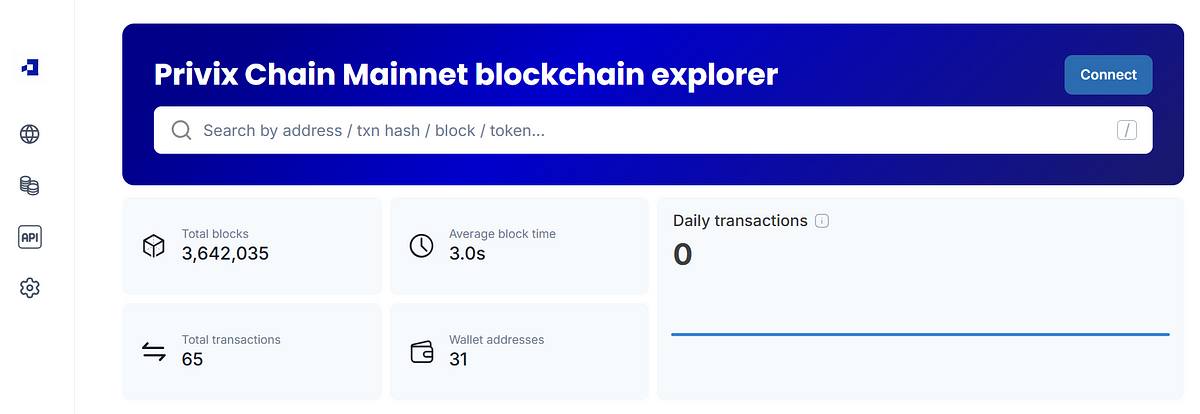Medium
1w
401

Image Credit: Medium
Exposing the Truth Behind Privix Chain. A Fake EVM compatible blockchain Built on Hollow Blocks
- Privix Chain is exposed as a fake EVM compatible blockchain built on hollow blocks with zero real usage and fake validators.
- The current 'live mainnet' and associated dApps offer no custom logic, privacy layers, or decentralization, just a rebranding of open-source work.
- Forking from existing projects is common in web3, but Privix's contributions seem limited to hardcoded configurations with no real substance.
- Privix's claims of being a PoS blockchain are debunked, as it operates on a Proof of Authority model with hardcoded validators and no true decentralization.
- Their chain lacks real usage, relying on time-based block creation and auto-mining without actual validation.
- Their dApps like Nexar and Pulsar are critiqued for being custodial services disguised as privacy-preserving DEXes, with centralized control over user assets.
- Privix markets various dApps as built on a privacy-first Layer 1, but in reality, they lack real smart contract enforcement, on-chain storage, or cryptography.
- Analysis reveals lack of decentralization, realistic staking mechanisms, or true privacy solutions in Privix's ecosystem, with many aspects being centralized or mimicked.
- The 'Spot DEX' and other offerings by Privix are criticized for lacking real substance, utilizing fake tokens, and relying on manual interactions rather than decentralized protocols.
- The article questions the authenticity of Privix's partnerships, documentation, and technology claims, urging readers to think critically and stay vigilant.
- The author invites scientific challenges to the analysis presented, emphasizing the need for transparency and factual discussions in the blockchain space.
Read Full Article
24 Likes
For uninterrupted reading, download the app